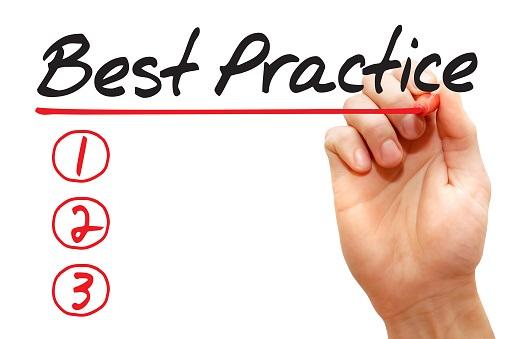
Social media forums have long been subject to a variety of criticism related to trustworthiness, reliability, and commercialization of content. However, in recent years the spread of misinformation has been steadily increasing in disproportionate amounts as compared to the objective consumption of evidence. Facebook, for example, has long been criticized, for the ease with which its members can actively promote and rampantly encourage the spread of misinformation on its platform.
To illustrate, one study found that “from August 2020 to January 2021, misinformation got six times more clicks on Facebook than posts containing factual news. Misinformation also accounted for the vast majority of engagement with far-right posts — 68% — compared to 36% of posts coming from the far-left.” Facebook has even admitted in the past that its platform is actually hardwired for misinformation. Nowhere is it easier to spread misinformation than in Facebook groups. In contrast to someone’s personal account, a dubious claim made even in a relatively small group has a far wider audience than a claim made from one’s personal account. In the words of Nina Jankowicz, the disinformation fellow at the Wilson Center, “Facebook groups are ripe targets for bad actors, for people who want to spread misleading, wrong or dangerous information. “
Continue reading In Search of Evidence in the Era of Social Media Misinformation
 In August 2021, the
In August 2021, the  Today I am reviewing a newly released (2019) kit (instructional guide and cards) from the Learning By Design, Inc. entitled Wordtivities:
Today I am reviewing a newly released (2019) kit (instructional guide and cards) from the Learning By Design, Inc. entitled Wordtivities:  How many parents and professionals have experienced the following scenario? The child in question is
How many parents and professionals have experienced the following scenario? The child in question is  Lately, I’ve been seeing more and more posts on social media asking for testing suggestions for students who exhibit
Lately, I’ve been seeing more and more posts on social media asking for testing suggestions for students who exhibit  It’s early August, and that means that the start of a new school year is just around the corner. It also means that many newly graduated clinical fellows (as well as SLPs switching their settings) will begin their exciting yet slightly terrifying new jobs working for various school systems around the country. Since I was recently interviewing clinical fellows myself in my setting (an outpatient school located in a psychiatric hospital, run by a university), I decided to write this post in order to assist new graduates, and setting-switching professionals by describing what knowledge and skills are desirable to possess when working in the schools.
It’s early August, and that means that the start of a new school year is just around the corner. It also means that many newly graduated clinical fellows (as well as SLPs switching their settings) will begin their exciting yet slightly terrifying new jobs working for various school systems around the country. Since I was recently interviewing clinical fellows myself in my setting (an outpatient school located in a psychiatric hospital, run by a university), I decided to write this post in order to assist new graduates, and setting-switching professionals by describing what knowledge and skills are desirable to possess when working in the schools.  Those of you familiar with my blog, know that a number of my posts take on a form of extended responses to posts and comments on social media which deal with certain questionable speech pathology trends and ongoing issues (e.g., controversial diagnostic labels, questionable recommendations, non-evidence based practices, etc.). So, today, I’d like to talk about sweeping general recommendations as pertaining to literacy interventions.
Those of you familiar with my blog, know that a number of my posts take on a form of extended responses to posts and comments on social media which deal with certain questionable speech pathology trends and ongoing issues (e.g., controversial diagnostic labels, questionable recommendations, non-evidence based practices, etc.). So, today, I’d like to talk about sweeping general recommendations as pertaining to literacy interventions.